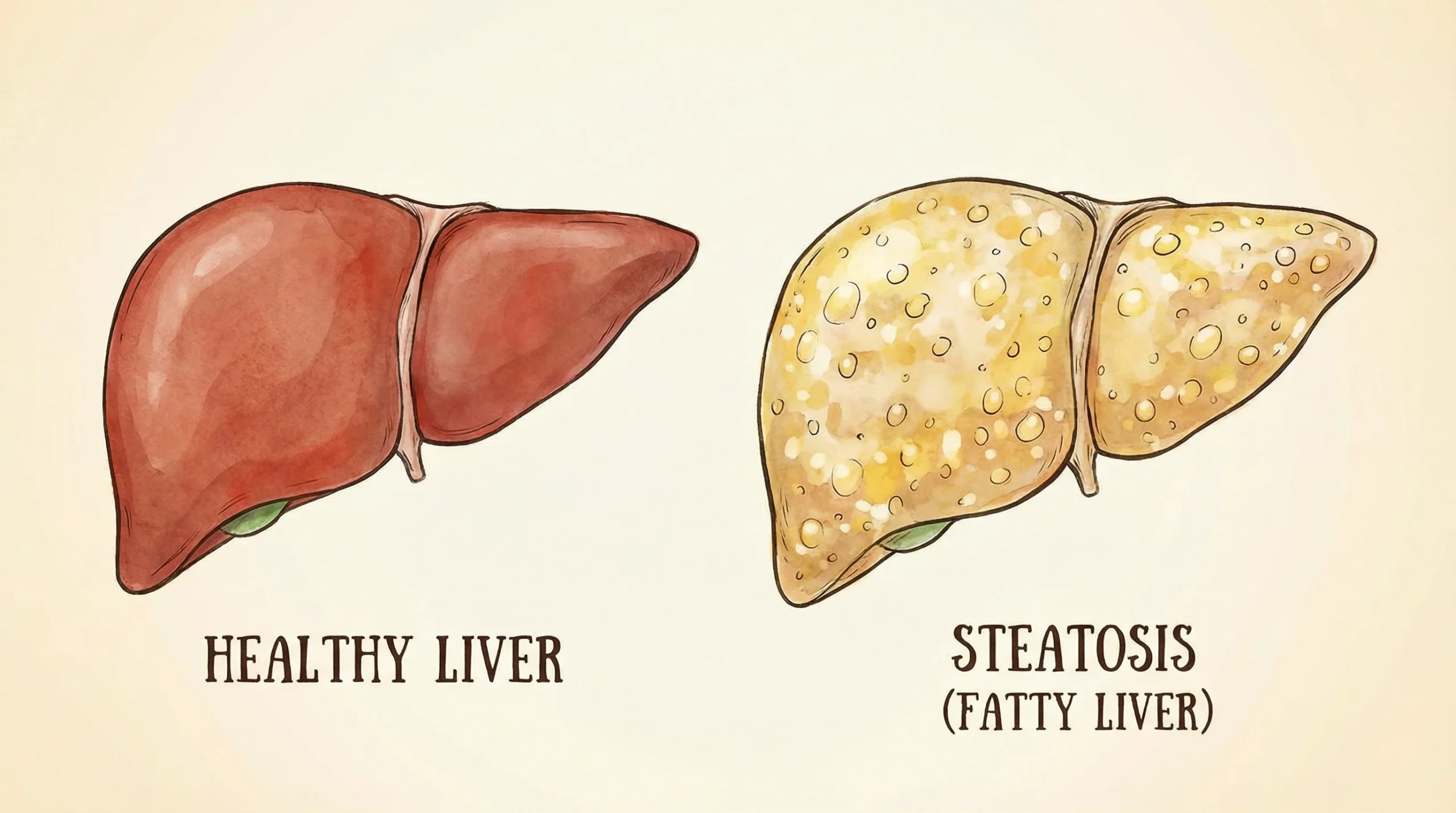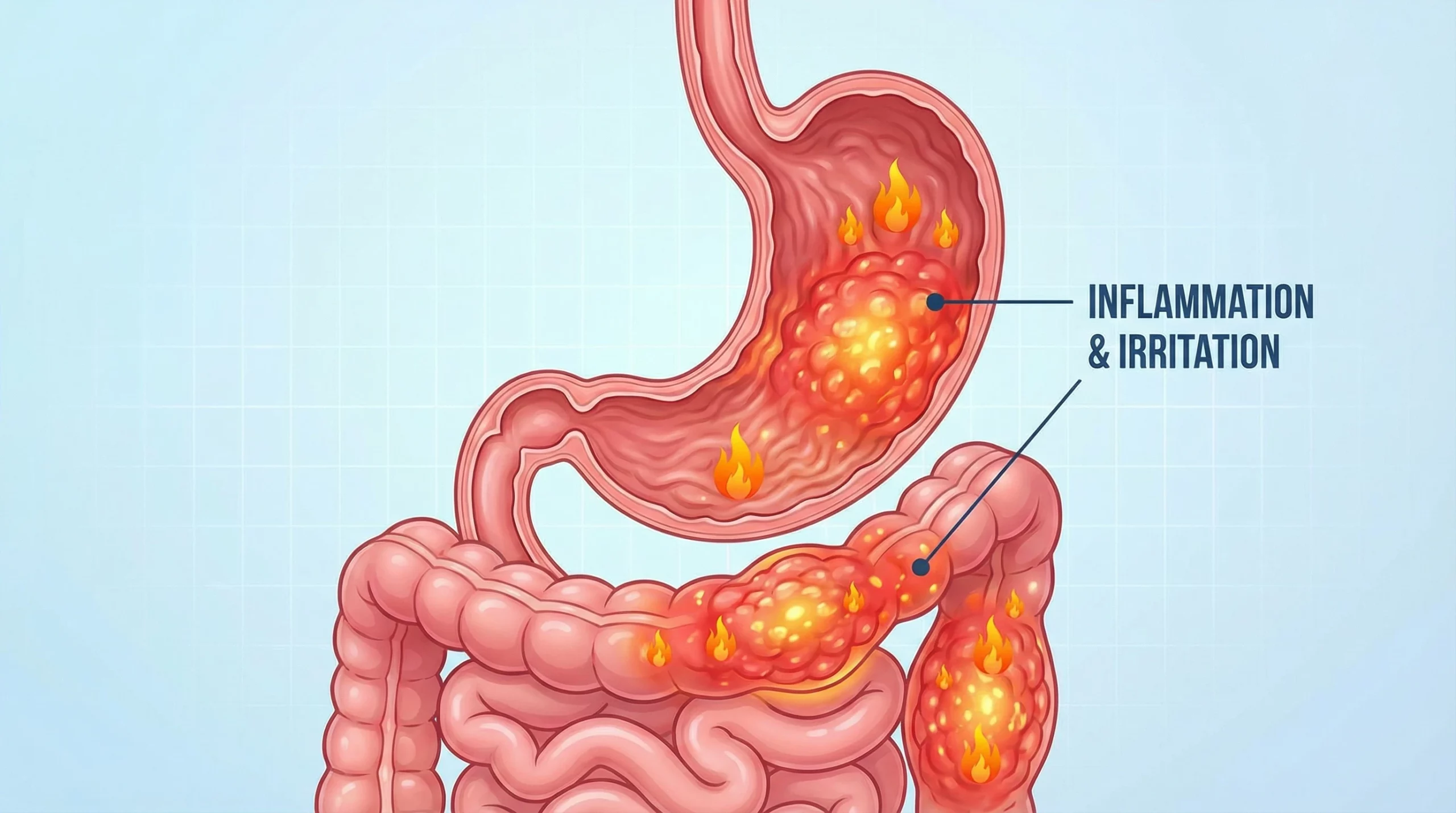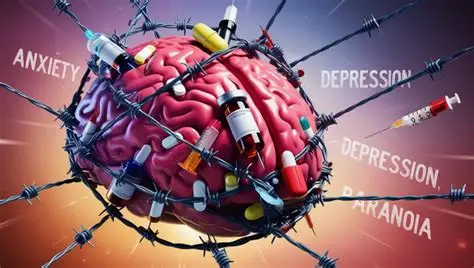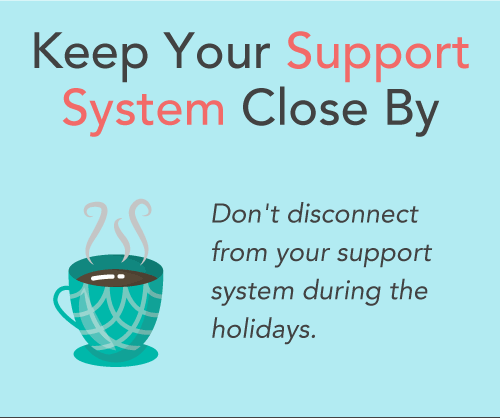Alcohol & Fatty Liver Disease
Alcohol consumption and fatty liver disease are linked much more closely than many folks realize. It’s not just about drinking too much once in a while; it’s about how regular alcohol intake can gradually change your liver and start causing problems long before you notice any symptoms. If you’re wondering how alcohol affects your liver … Read more








